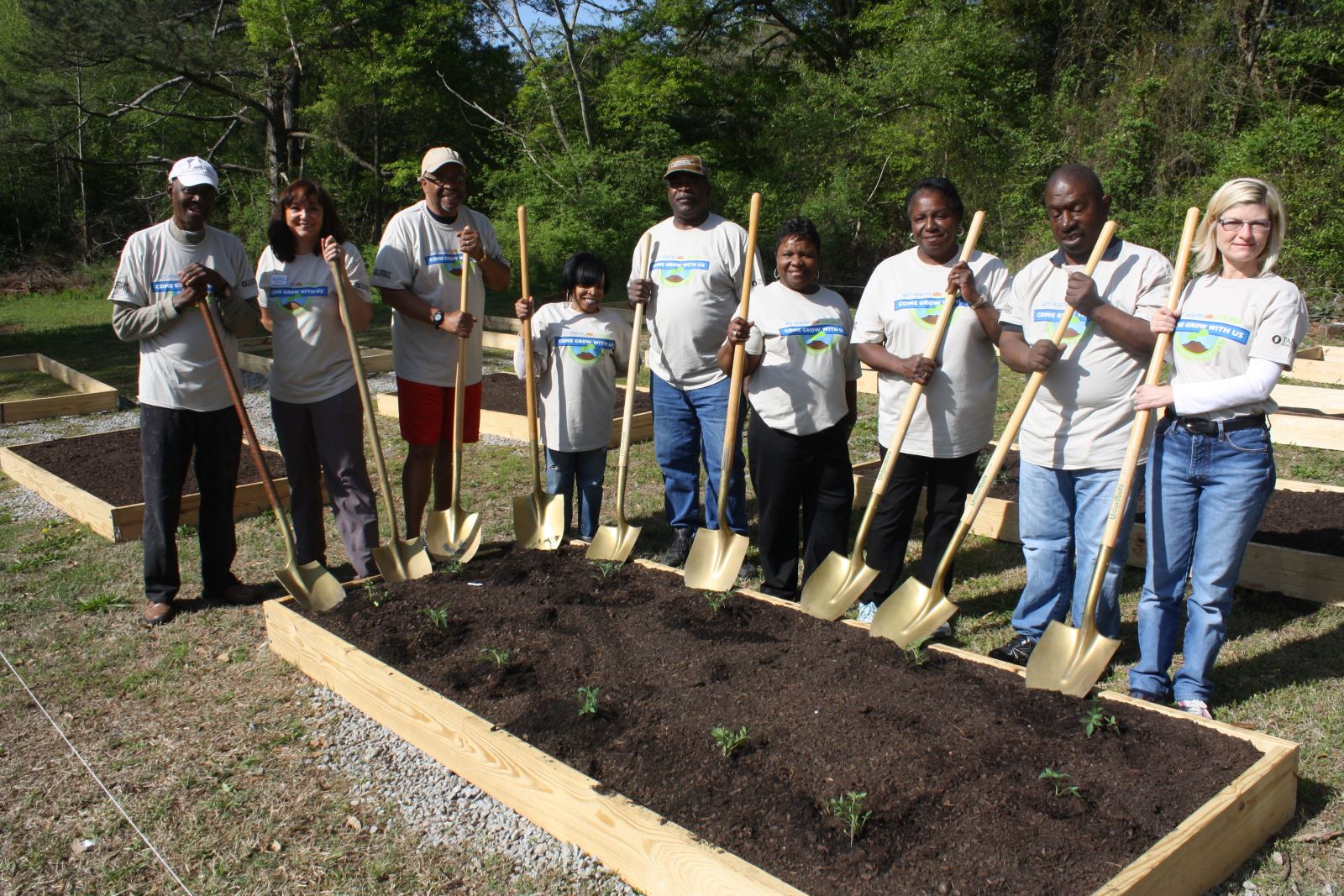For gardeners, summer brings the busiest time of the year. So in the fall, after the bountiful crops of squash, corn and tomatoes have all finished producing, you’d think that gardeners would be hanging up their trowels and taking a welcomed rest.
“Not so,” says Carroll County Master Gardener Jacqueline Dost. “Fall is a great time to plant in Georgia. By now your tomatoes should almost be done and most of the rest of your summer crop should be harvested. If you have some room in your garden beds, you might consider planting some cool season crops like arugula, which is tasty and easy to grow, as well as carrots and turnips.”
According to Dost, many salad seeds like mesclun blend can also be directly seeded at this time of year.
“If you are not sure about seeds, you can find many vegetable seedlings at local garden centers like Burson’s Feed & Seed and ACE Hardware,” says Dost. “Varieties might include cabbage, collards, kale and other greens.”
Even if you don't want to try a fall crop, there’s still plenty to be done in the garden.
“Once everything has been harvested, make sure you remove all spent, diseased plants from your garden,” said Dost. “If you had a weed problem this year, you might consider covering your bed with 5 milliliter-thick plastic for the winter. This will sterilize the soil and hopefully kill weed seeds and diseases. If you have access to compost, you might also consider mixing that into your soil at this time.”
Dost’s most important piece of advice for the fall: “Get your soil tested now! The Ag Center on Newnan Road in Carrollton has sample envelopes with instructions. By testing now, you have time to make the recommended additions so you are ready for the spring.”
For people who are interested in fall gardening but don't have a place to plant, they can always put down roots in a local community garden. The Knox Park Community Garden in Carrollton and the Stockmar Park Community Garden in Villa Rica offer gardens where community members can rent or adopt a bed for a year.
“We are always looking for people to adopt a plot,” says Jillian Walker with Tanner Health System’s Get Healthy, Live Well initiative. “The fee is just $30 a year for individuals and families. For organizations, it’s $50 a year. During that year, you’ve got to take care of it — plant, weed and water. You get to keep the fruits and veggies you grow — eat it, freeze it, can it or give it away.”
If you think of gardening as a group activity, consider becoming a volunteer with the growing ranks of organizations that are already sponsoring community gardens. Get Healthy, Live Well is also working with local groups — clubs, schools and churches — to build a network of community gardens. These groups are helping raise awareness about the importance of healthy foods, teaching children and feeding neighbors with the food they’ve grown. A list of community gardens is available on Get Healthy, Live Well’s Web site at www.GetHealthyLiveWell.org.
These encourage gardeners to share in the work and benefits of the garden — not only healthy and affordable fresh fruits and vegetables but also physical and mental health benefits that come from growing your own food.
“This not only brings healthy fruits and vegetables to more people but also adds public green space and encourages community involvement and volunteerism,” said Walker.
For additional information, contact Jillian Walker at 770.836.9202 or jwalker@tanner.org.